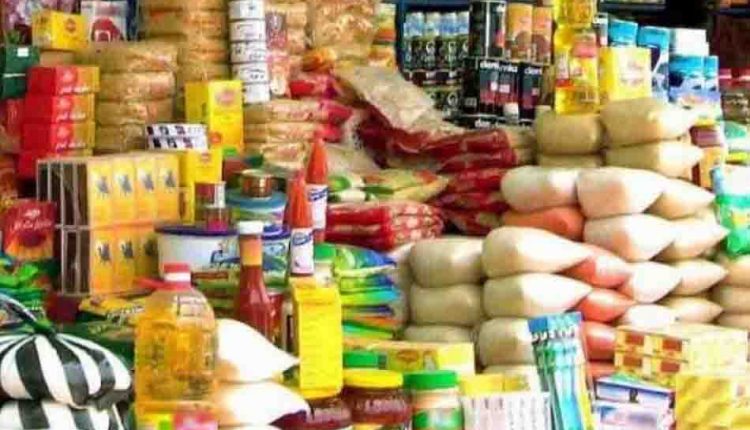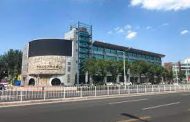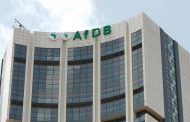Khartoum Today: Michael Atit
Some Sudanese in the capital Khartoum are panic buying as the coronavirus cases increase in the country and around the world. Some residents say commodity prices have skyrocketed in recent days.
Speaking in Arabic, to Khartoum Today, 42-year old Najat Hassan Abdallah, a resident of Khartoum’s Kalakla neighborhood, says she noticed price hikes when she went food shopping. “Things are now very expressive and a poor person cannot afford the price. We are only surviving by the grace of God.” Hassan says she decided to go shopping for her family of seven because she believes the government may undertake further protective measures to combat the spread of coronavirus in the coming days.
“I came here to purchase vegetables such as potatoes, onions and tomatoes in addition to bread. We do queue for more than two hours on a daily basis just to get bread.” She explains.
Hassan narrates, “Now, I came to the market and found all the commodities are very expensive, and on the other side, we are faced with this pandemic of coronavirus. She asks, “We don’t know even what can do?”
Hassan says she fears if Sudanese don’t die of covid-19 they may die of hunger because they will not be able to afford the high food prices in the market.
63-year old Abdulilah Shareef Ibrahim, a resident of the Kalakla Gubba neighborhood in Jebel Aulia, says for the past two weeks, prices for basic food items have jumped significantly. Speaking in Arabic to Khartoum Today, Shareef says one kilogram of sugar which used to cost 70 Sudanese Pounds now costs 120 pounds and a tray of eggs that used to cost 200 Sudanese Pounds is now 250 Sudanese Pounds.
“Prices are so high and things that used to be sold at forty pounds have jumped to 120 Sudanese Pounds. He said “The government is supposed to control the prices so that people are able to survive. “Traders should not take the advantage of the curfew to raise prices in the market.” He warned.
23-year old Gisma Hussein Adam is widowed with two kids. Hussein says her most worries is about catching the coronavirus, not paying the higher prices. She says keeping higyne and staying home are some of the preventive measures that she learned through the media campaign in Sudan.
Hussein urges other Khartoum residents to protect their families against catching the virus.
“My only fear is about my kids, I don’t want anyone of them to get infected with this corona. I am really taking care of them, washing their hands with soap and preparing clean and well-cooked food for them. I am very strict on them to remain inside and not to go anywhere.”
Arradi Abubakker Ahmedali is a retail trader who sells vegetables and other food items at Laffa Market. Speaking in Arabic to Khartoum Today, Abubakker says traders have increased commodity prices because they have incurred losses since the government-imposed curfew went into effect a week ago to control the spread of covid-19. He said unless traders increase commodity prices, they won’t be able to buy stock from wholesalers who have already increased prices.
“We used to go the whole sale market at around 1:00am and the market use to be accessible, but now, we go there at 6:00am. By the time we come back, customers have gone and by 6:pm all the shops are closed. The curfew made it difficult for us to move at night and it has affected out business for nearly 90%.”
Abubakker claim that a bag of sugar which cost 2000 Sudanese Pounds a few days ago has jumped to more than four thousand Sudanese Pounds, a bag of onions which used to cost 800 Ponds costs is now going for 1200 hundred Pounds and a jerry can of cooking oil which used to sell for 1900 Pounds now costs 2280 Pounds.









